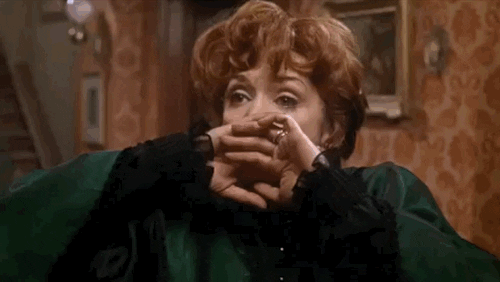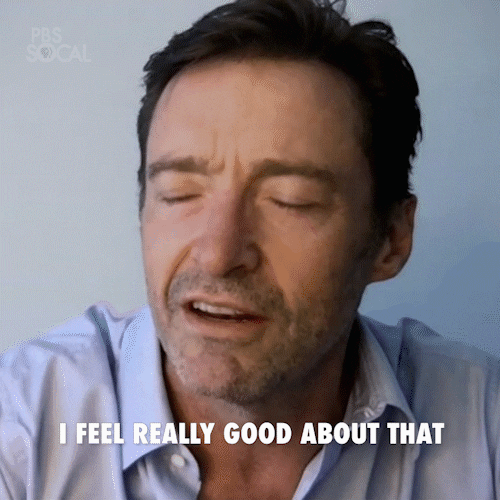1/20
2/20
3/20
4/20
5/20
6/20
7/20
8/20
9/20
10/20
11/20
12/20
13/20
14/20
15/20
16/20
17/20
18/20
19/20
20/20




Hello everyone! We hope all is well! If you are here, this means you are worrying that you may have had a seizure. We would like to give you a hand and help you find out if you really have experienced a seizure. All you need to do is answer all 20 questions included in our test.
We also welcome you to have a read of our quick overview of seizure, its types and symptoms. It may help you better understand this phenomenon and prepare you for the test. Maybe you have nothing to worry about?
A seizure can be defined as a sudden electrical disturbance in the brain. The changes in the brain electrical activity can cause many serious symptoms. However, there is also a possibility that nothing at all will happen.
A seizure is usually associated with a loss of control and noticeable shaking. It can also lead to changes in feelings, behavior, mood and awareness. What is more, having two or more seizures which are apart at least 24 hours and their cause is unknown, is usually identified as epilepsy.
Most of the time, seizure lasts from a few seconds to a few minutes. If it takes longer, it is considered a medical emergency. Contrary to popular belief, seizures occur quite often, and even though they shouldn’t be taken lightly, they are not as life-threatening as most people think.
Are you ready to discover if you suffer from mental illness? Take this Mental Illness Test and see if you are affected by one of the few common mental disorders.
Usually, it is difficult to tell what exactly caused a seizure. They are often caused by head injury, brain tumor, stroke, or an infection like meningitis. It is also possible to experience seizures due to lack of sleep, high fever, abusing alcohol and drugs, Autoimmune disorders, and low blood sodium.
Can you say that you are proud of your vision? Take this Eye Test and see if your eyesight performs as it should.
Type of a seizure is defined by how fast it spread and in which part of the brain it started. There are three major types: generalized onset seizures, focal onset seizures, and unknown onset seizures.
This type of seizure happens when abnormal surges of electrical activity start in both sides of the brain more or less at the same time.
Known as partial seizures, focal onset seizures happen only in one part of the brain. Even though they may start in a small area of the brain, focal onset seizures are able to affect large parts of the brain. They are two subtypes of this phenomenon: focal aware seizures and focal awareness-impaired seizures.
Focal aware seizures occur when someone is fully aware during a seizure but feels that something is not right. Focal awareness-impaired seizure, on the other hand, causes a temporary inability to talk, move, or hear. Usually, those who had this type of seizure can’t remember what was happening. Depending on which part of the brain is affected, symptoms could vary. Events like this can last up to two minutes.
When there is not enough evidence to evaluate a type of seizure by a health professional, we use the term ‘unknown onset seizure’. In some scenarios, we are unable to witness the beginning of a seizure which is crucial for a doctor to find the root behind this phenomenon.
How good is your cognitive performance? Do you think you can score high on our Intelligence Test? Take on the challenge and find out for yourself!
Symptoms of a seizure vary depending on the type of seizure and can range from mild to severe. It is also possible to experience symptoms common for focal and generalized seizures simultaneously, or one after another. The usual time they last ranges between just a few seconds to several minutes.
Warnings signs which may indicate that a seizure is going to happen include:
As for the symptoms which can occur during an actual seizure, you should make notice of:
If any of the above symptoms sound familiar to you, make sure to discuss your health condition with a health professional. You may have had a seizure or could suffer from a different condition which shouldn’t be left untreated.
Do you experience fatigue, lack of motivation, or chest pain? If the answer to this question is yes, you may be anemic. Take our Am I Anemic? Test to find out for sure!
Do you worry that you may have experienced a seizure? Take our test and find an answer to the question ‘Did I have a seizure?’. We wish you great health!
Do you suspect you may suffer from narcolepsy? Take our Narcolepsy Test and discover if you have a sleeping disorder.